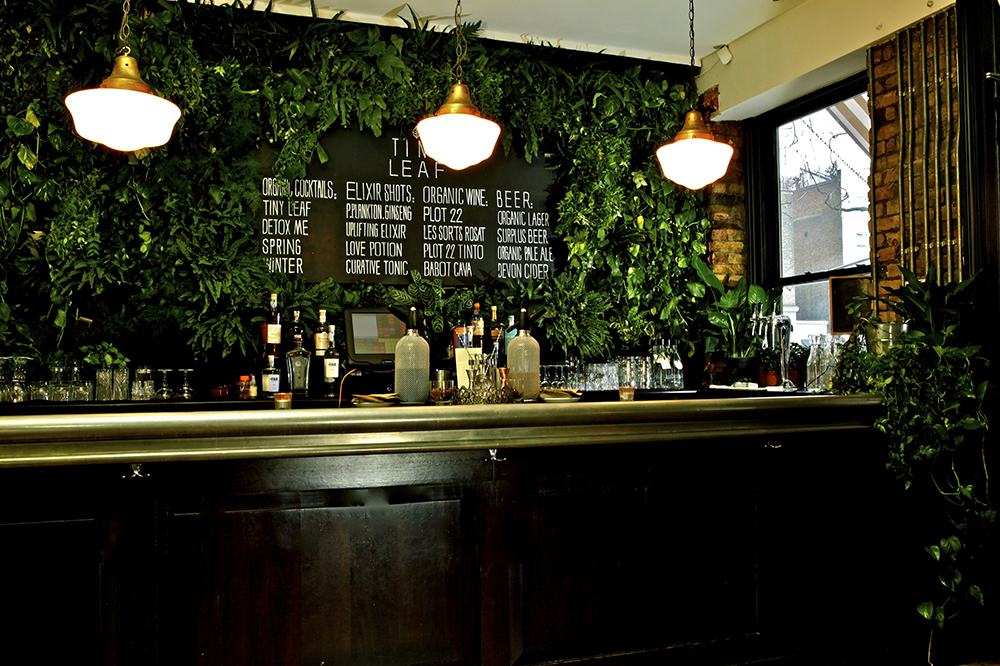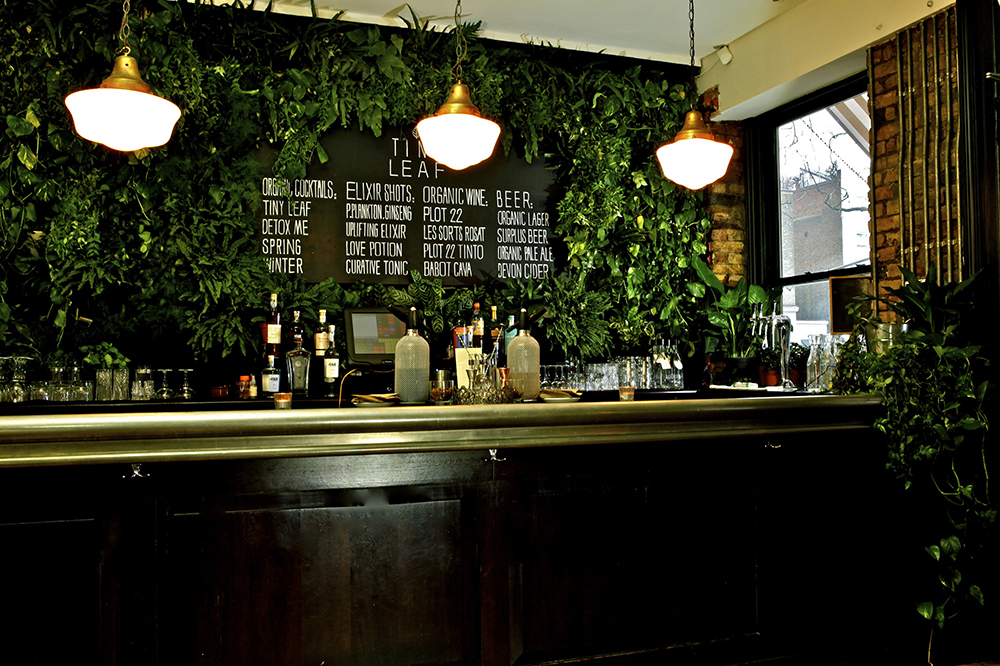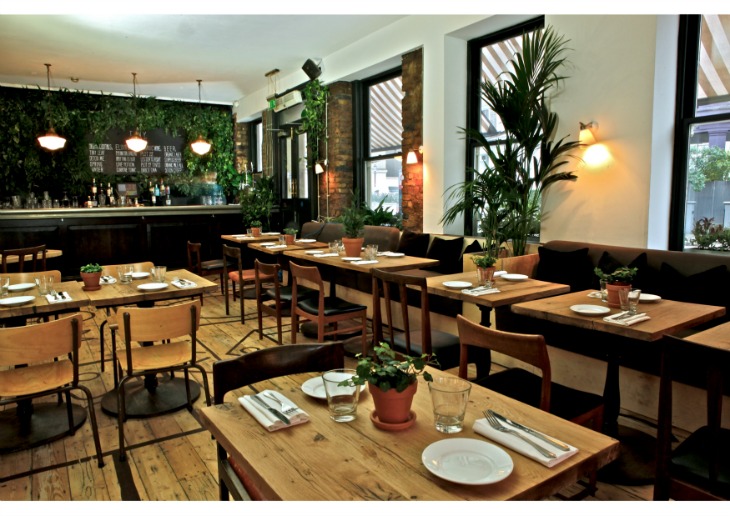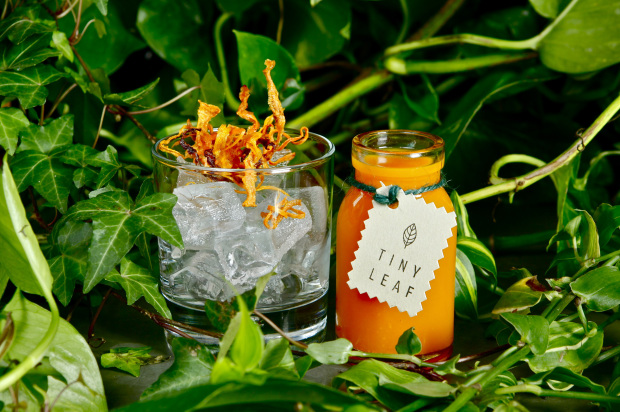Tiny Leaf is London's First Zero Waste Restaurant
Notting Hill based vegetarian restaurant Tiny Leaf will compost all waste, recycle all packaging and donate any excess fruit and vegetables to food banks.


Notting Hill based vegetarian restaurant Tiny Leaf will compost all waste, recycle all packaging and donate any excess fruit and vegetables to food banks.
Britain has become a nation of discerning foodies, as our pallets have grown, so too has our appreciation of an array of varied restaurants.
However, the number of eateries we visit that place sustainability at the heart of their values are small in number. Even those that recycle packaging, for example, do little to combat food wastage.
Following the United Nations Climate Change conference, many millennials have developed a far keener interest in sustainable practices and how they can implement them in their own lives.

Tiny Leaf, London’s first vegetarian zero-waste restaurant, offers a means to reconcile a conscious desire to be more environmentally friendly with an appreciation of good food.
The restaurant is spearheaded by chef and food activist Justin Horne, general manager Jonathan Krauss, (formerly of Marylebone restaurant Chiltern Firehouse), and Alice Gilsenan, who will act as Tiny Leaf’s marketing director.
Surplus food from local suppliers, such as Planet Organic and Langridge, will form the core of a vegetarian menu that will change on a daily basis. All waste will be composted, cardboard and plastic recycled and excess fruit and vegetables directly donated to food banks. Diners who can’t finish their meals will be able to take them home in plant-based biodegradable boxes.

If that was not enough, 20p per litre from Tiny Leaf’s bottled alkaline water will be donated to water supply charity Whole World Water. Additionally, Tiny Leaf will match each £1 donation added to each bill, with the money going to Refugee Community Kitchen Calais and the Soil Association.
Brighton based eatery Silo operates on the same lines as Tiny Leaf by wasting nothing and making all produce on site. No doubt we can expect more of these restaurants to pop up in response to consumers developing a heightened sense of social responsibility.



Discussion